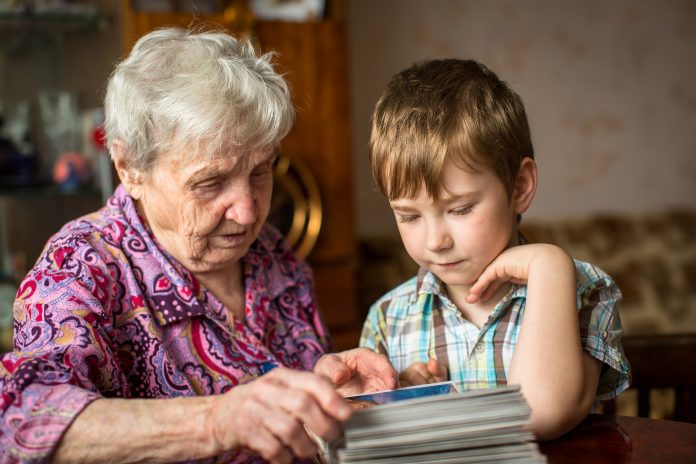Victoria Syvret, family law solicitor, explains what the Special Guardianship Order system is like in the UK and things that people don’t realise about the financial situation
A Special Guardianship Order (SGO) appoints someone to be a child’s Special Guardian and is intended to provide a legal framework to ensure that a child has permanence with a family member other than a parent.
Any person can apply to be a child’s Special Guardian.
Why do we need Special Guardians?
When a child cannot be looked after by either of their parents often they will be cared for by other family members, such as their grandparents, siblings, aunts or uncles. In many cases the long term plan will be for the child to remain living with the family member.
It was recognised that other orders available in those circumstances, such as Adoption or ‘Residence Orders’, were not applicable to these types of arrangements, and that there needed to be another type of mechanism to provide for permanence for the child under a legal order and for the person with long term care of the child to have parental responsibility.
Before making the SGO, the local authority closest to the child should complete an SGO report providing an in depth analysis of the child and family in question and ensuing the SGO’s suitability. The report also was to include details of the financial package that the family would receive from the local authority in providing along term home for the child in need.
What’s happening to Special Guardians?
Despite the positive intentions of the SGOs, a number of problems have been identified in their creation and application. It has become apparent that often there are many downsides to an SGO being made and those living with them are often being failed by the system.
The Legal Ombudsman has reported that in 2017 – 2018 the number of complaints involving children services (including Special Guardianship) rose by 11% in comparison to 2016 – 2017. The Ombudsman has published a report which highlighted serious pitfalls in the SGO process and documenting that there were a number of instances in which the reality of an SGO fell far below the expectations of those families who made the application.
One of the issues highlighted, is that the consequences of an SGO are not being explained properly to prospective Special Guardians.
This includes incorrect advice as to who can and cannot apply for an order, such as wrongly informing siblings of the child that they are not able to make an application, when in fact they can. Furthermore, the financial package of support has been found to be flawed either by way of a lack of proper financial support being provided, or Special Guardians being misinformed about the amount and longevity of financial support they will receive.
Cases of complaints have shown that many families were mistakenly under the impression that they would continue to receive their foster allowance payments after the SGO was made and had not had it made clear to them by the local authority that the amount of financial support they would be receiving in the long term would be drastically reduced.
Another consistent problem is the lack of detail in planning for an individual child’s needs. Special Guardians have been left confused as to what practical support they will receive if a child’s needs change and often it is found that they haven’t been given hands-on advice and support by social workers, or signposted to receive proper legal advice at the time of applying for their SGO.
What needs to change for Special Guardians?
Overall, it has been highlighted that in circumstances where the intention of a SGO is to bring the consistency and stability of a permanent order to a child’s life, often the exact opposite is true and that the Special Guardians are misadvised, uninformed and left financially worse off once the order is in place.
A recent review commissioned by the Nuffield Family Justice Observatory following the Court of Appeals call for guidance for the use of SGOs, recommends significant changes for Special Guardianship Orders to include:
• Ensuring that any prospective Special Guardians have a minimum amount of training;
• Ensuring that prospective Special Guardians have direct experience of caring for the child before making a Special Guardianship Order, evidenced by a thorough assessment of suitability;
• Ensuring that local support services are available for Special Guardians and that they meet the same levels that adopters and foster carers are afforded such as parental leave, housing priority and financial support;
• Addressing the current lack of research on children and young people’s views and experiences of Special Guardianship, to consider how best to ensure safe and positive contact with birth parents and the wider family.
More positively, the review did find that SGOs are a stable option for children, the majority of whom benefit from such an order being made.
However, after examining and identifying the areas in which there are clear deficiencies in the process and outcome of SGOs, it is hoped that with reforms being implemented the benefits of these orders will be more far reaching and less of a lottery for those families in need.
Victoria Syvret
Family Law Solicitor, Senior Associate











